In order to defeat the enemy, it is important to understand it. Cancer patients in this country this year will visit doctors, hospitals and emergency departments 29 million times. They will ask their health providers billions of questions regarding their disease and treatment. However, frequently, they will not quite understand the basic science of cancer and so will be at a disadvantage. It is critical that we all understand this disease to protect ourselves, to get the best care and to heal the ones we love.
Cancer is a disease of growth. Growth in our bodies is tightly controlled. Growth is normally turned on only when it is necessary, such as when we are children, or when we are injured. Growth is turned off when it is not needed. Cancer is what happens when there is damage to the controls in our body that regulate growth. A single cell in some part of our body, which is supposed to be at rest, such as in the lung, breast, colon or skin, starts to divide. One cell becomes two, two becomes four, four becomes eight, etc.
Cell division is turned on or off by genes whose function is to control growth. These genes normally turn on needed growth or prevent growth from happening. These genes, found inside every living cell in our bodies, are made of DNA. They are switches controlling growth. Cancer is the disease which occurs when these switches malfunction. A gene, which is supposed to be off (an oncogene), is turned on or a gene that is supposed to be turned on (a suppressor gene), is turned off. The cell starts to divide and never stops.
Damage to these genetic switches occurs in the pretty much same way an electrical switch on a light can be damaged. First, the genetic switch may be manufactured badly (thus an inherited cancer). Second, a switch can be worn out with time (which is why cancer increases as we get older). Finally, the switch can be damaged or abused (smoking, chemicals, diet, certain infections…). When a gene is damaged, we call that a mutation. The instructions in the gene are changed. When mutated DNA instructs a cell to divide, a cancerous tumor grows. If that cell is in the colon, it will cause colon cancer. If it is in the pancreas, it will cause pancreatic cancer. The cell will still appear somewhat similar to the original tissue or organ, but it will be growing.
Scientists believe that in most cancers more then one mutation is required to cause a cancer (a “multi-hit hypothesis”). This may be why some people that smoke get lung cancer, but not all – a gene in their lungs is mutated by the tobacco, but they might not have a mutated gene which runs in their family or perhaps they were not exposed to other chemicals. This may be why some women who took estrogen postmenopausal get breast cancer, but others do not. A mixture of mutated genes produces a growing cancer.
Cancer therefore is the disease that occurs when mutated genes (so called oncogenes or tumor suppressor genes) instruct previously healthy cells to divide, eventually forming malignant masses. We can cause cancer in ourselves by damaging our cells. We can prevent cancer by avoiding behaviors that can cause mutations or doing certain things to protect ourselves. The future of cancer care will be not only in understanding this basic biology of cancer growth but by using tests or therapies which target these genetic mutations to prevent, detect or kill cancer.
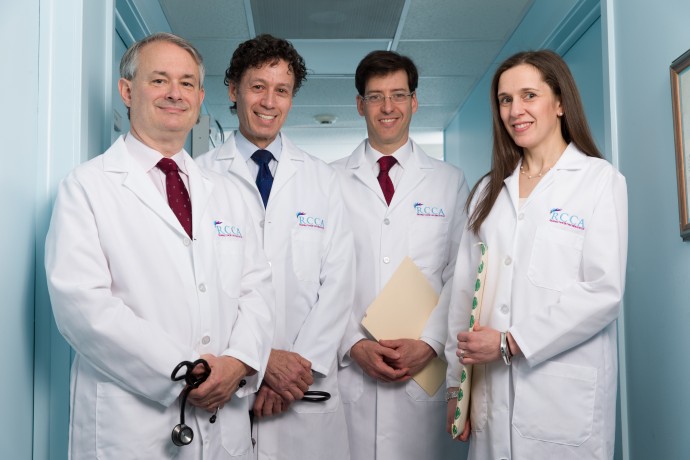
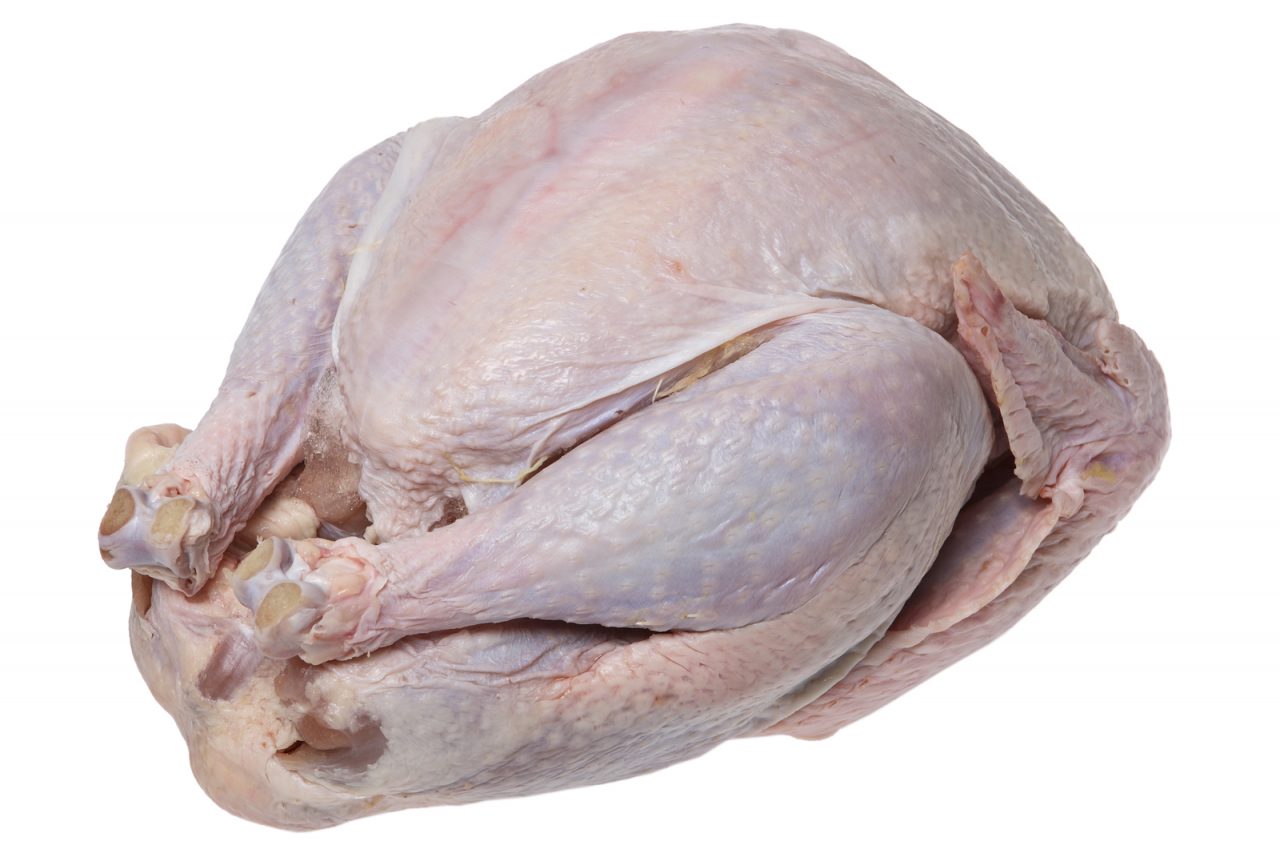
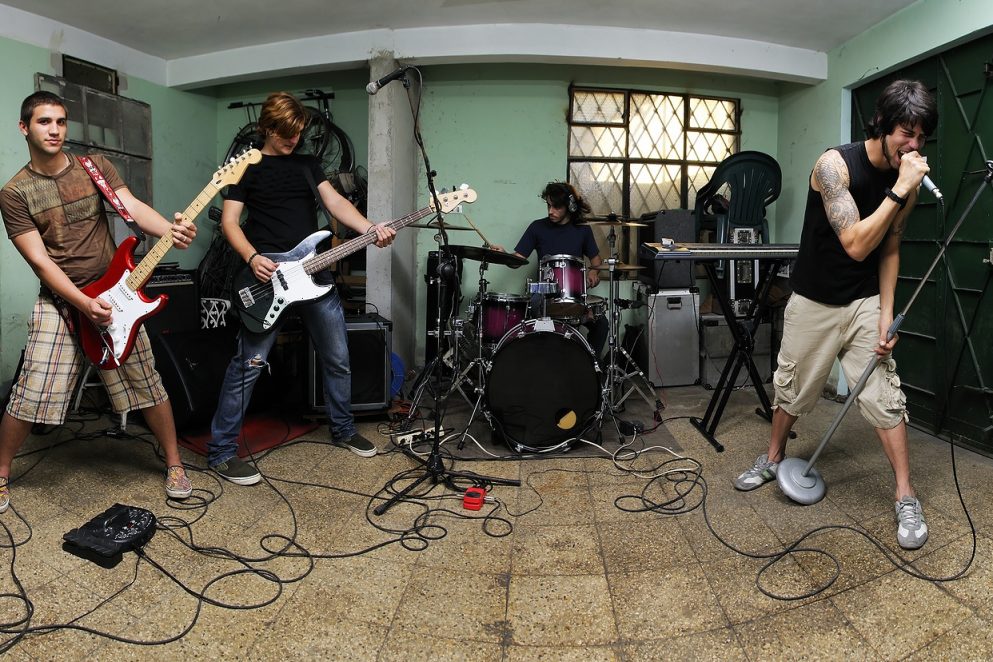
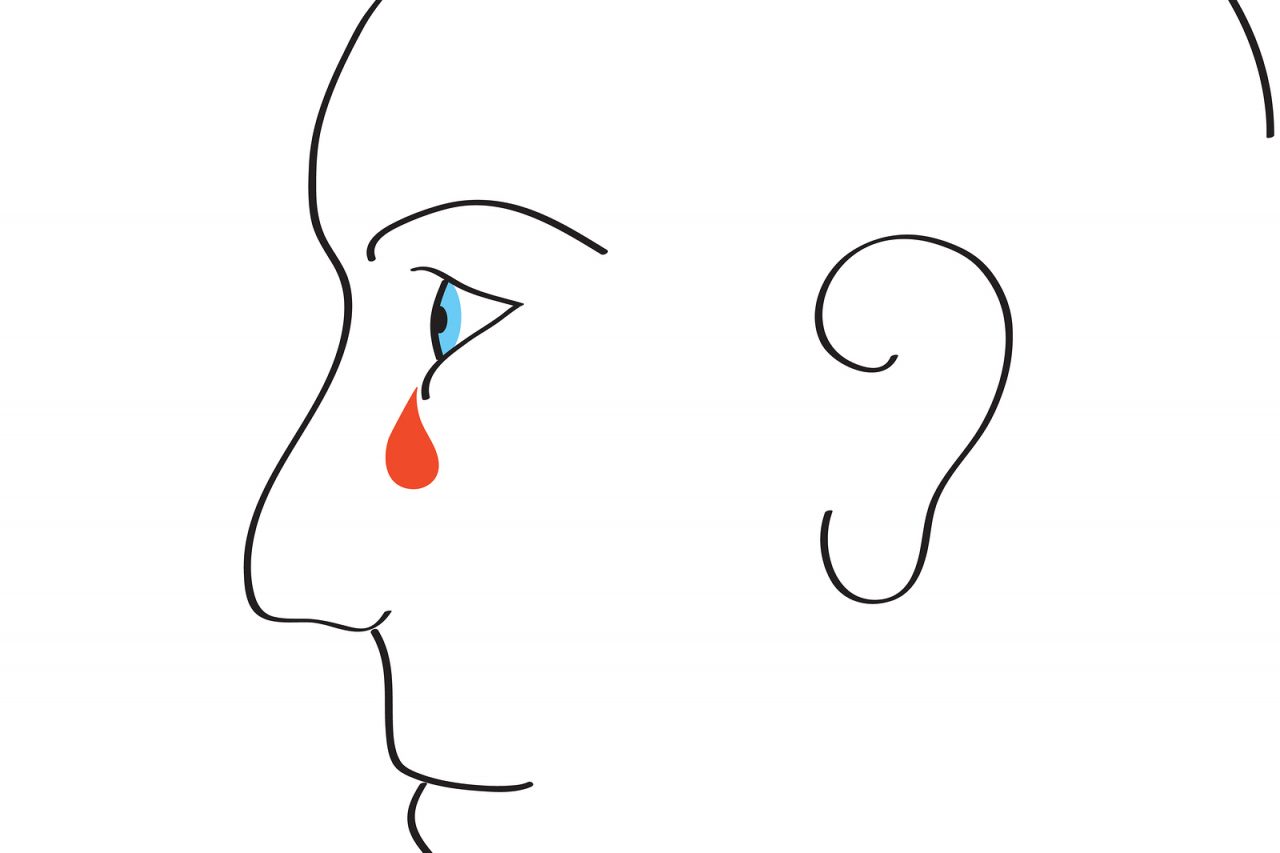
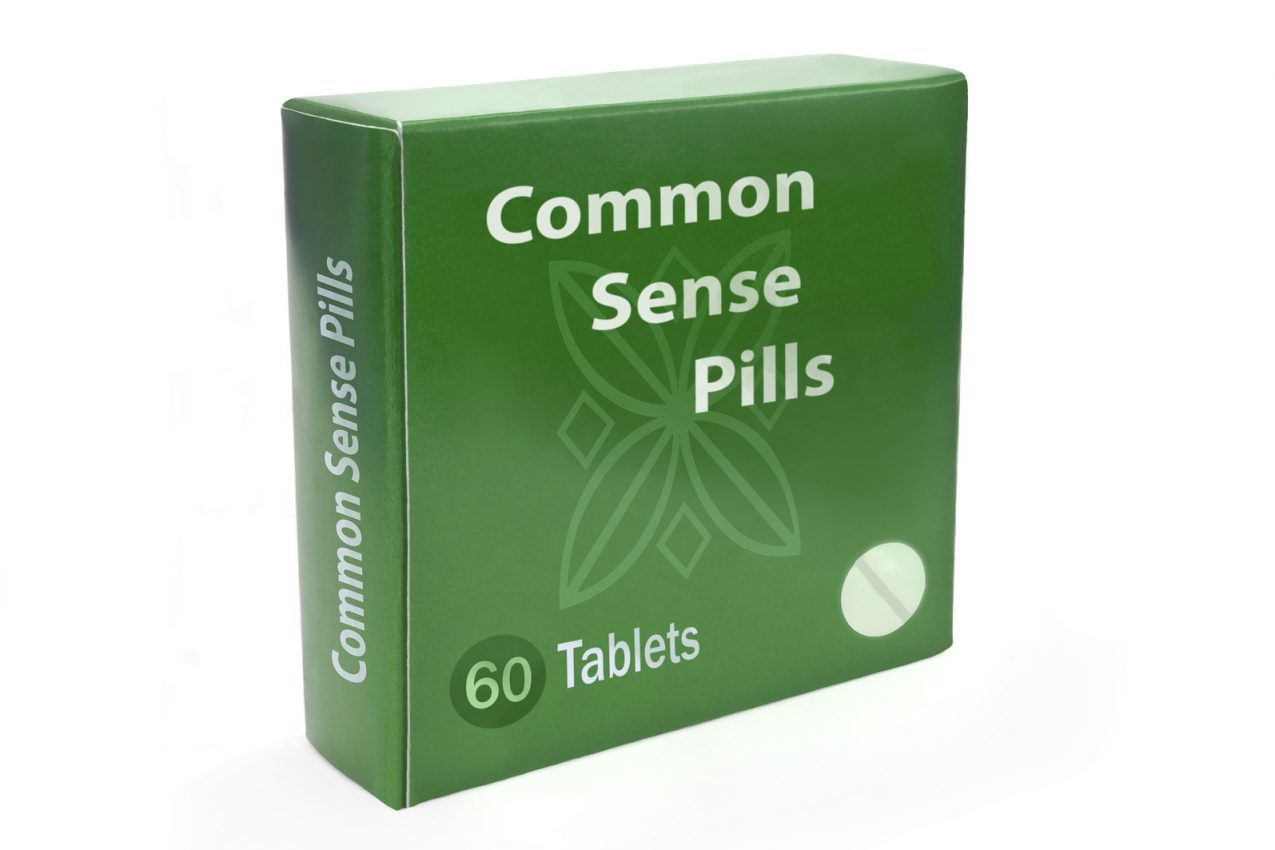
1 Comment